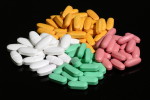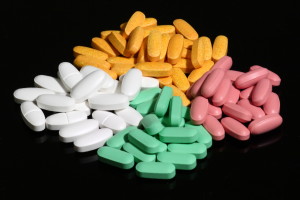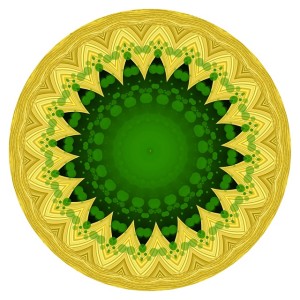by Author Kevin Donka, DC – ICPA.org:
Early last week, a practice member of mine named Melissa came in for her weekly check-up. I found that she was clear (i.e., didn’t need an adjustment), so I rang the well bell and congratulated her. She got up off the table with a confused look on her face and said, “But I’m sick! How can I be clear when I’m sick? Are you sure I’m clear?”
I asked her what she meant when she said she was “sick.” “Well,” she answered, “I’m congested, I’m coughing and I feel run-down – you know -SICK!” I told her that the problem wasn’t with my assessment of her nerve system, it was with her definition of the word “sick.”
You see, traditional medical thinking calls the presence of symptoms “sickness.” But the truth is that you are sick before the onset of your symptoms. The symptoms are really an indication that your body has accurately recognized an invader or toxin and is actively responding to it by creating a fever, mucus, cough, diarrhea, etc., to eliminate it from your body.
The beginning of symptoms, what we have always called “sickness,” is really your body getting WELL!
Take this short test. If two people go to a restaurant and eat some tainted fish, then one of them throws up within an hour but the other is fine until morning when he also gets sick, which of the two has the stronger and healthier immune system? Most people would say that the second was stronger and healthier because his body was able to tolerate the poisons longer before he “got sick.” But the truth is, the first man has the stronger and healthier immune system because it was able to recognize the invader and start the elimination process sooner than the second man’s was.
The first man started getting well the same night, but the second man didn’t start getting well until the next day!
So, how could Melissa be feeling so poorly and still not need an adjustment? Being “clear” simply means that there is no interference in her nerve system. This means the body is at it highest capacity to heal – it does not mean that healing is complete.
The process is just like cleaning laundry in a washing machine. When the soap and water touch the garments, the grime is loosened, and it rises to the surface. If you were to look in a washing machine during the agitation cycle, you would be repulsed and think that your clothes were actually getting dirtier. But the truth is that they are actually getting cleaner. The thick muck must be extracted and discarded before the clothes are totally clean. If we know the washing machine is working correctly, nothing more needs to be done except to let the cycle complete itself.
Similarly, as your body is “cleaning itself” of toxins and germs, it appears at first as though you are getting worse, but you are actually getting better. If we know your master control system (your nerve system) is working correctly, nothing more needs to be done except to let the cycle complete itself.
Melissa learned a valuable lesson that day about what sickness is and what wellness is. Plus, she already knows enough to trust her body and allow the clearing process to complete itself without any outside interference from medications designed to simply make her feel better. She knows that these things only stop her body’s own natural elimination and healing processes.
Hopefully you too now know the difference between getting sick and getting well. Know to trust your body and allow the natural process of healing to occur when it needs to. And finally, make sure you continue to live your life in a way that not only prevents sickness, but also actually creates health, happiness and wholeness
Article originally posted at ICPA.org.




